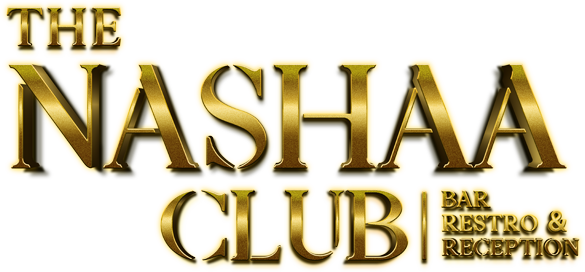- Home
- \
- Code of Conduct
Code of Conduct
Code Of Conduct
Entry conditions of The Venue Company and associated venues.
Management reserves the right to refuse entry if the following conditions are not met.
We are pro-active (Liquor Control Victoria) LCV licence and venue operator.
We do not allow entry to any individual that shows signs of intoxication.
We require Photo Identification- either a Passport, Driver’s License, Key Pass Card or Proof of Age Card are all acceptable forms of identification as stipulated by the (Liquor Control Victoria) LCV licence venue operator.
Your ID will be scanned prior to entry using the Scantek System.
All patrons are required to present an acceptable form of valid Photo ID as set out by the (Liquor Control Victoria) LCV licence.
Australian Driver Licence (including NSW & SA digital drivers’ licence)
- Victorian Learner Permit
- Foreign Driver Licence in the English language or if not in the English language, must be accompanied by an official English translation or an International Driving Permit in the English language
- Victorian Proof of Age card or an equivalent from another state or territory of Australia
- Keypass card (including digital Keypass)
- Australian or Foreign Passport
- Victorian Marine Licence
- Member
Entry refusal conditions for nightclubs in Victoria, Australia, may vary from one establishment to another, but there are some common criteria that nightclubs typically use to determine who can and cannot enter. These conditions are often in place to ensure the safety and enjoyment of all patrons. Some common entry refusal conditions may include:
- Age restrictions: Most nightclubs in Victoria have a minimum age requirement for entry, typically 18 or 21 years old. This is a legal requirement in many cases and is enforced to ensure that patrons are of legal drinking age.
- Dress code: Many nightclubs have a dress code that patrons must adhere to. Dress code requirements can include restrictions on attire such as flip-flops, sportswear, offensive clothing, and excessively casual outfits.
- Intoxication: Nightclubs may refuse entry to individuals who appear to be visibly intoxicated or under the influence of drugs. This is done to maintain a safe and enjoyable environment.
- Entry fees and cover charges: Some nightclubs charge an entry fee or cover charge, and patrons who do not pay this fee may be refused entry.
- Unruly behaviour: Individuals displaying aggressive, disruptive, or disrespectful behaviour may be denied entry or asked to leave the premises. This includes aggressive or hostile behaviour toward other patrons, staff, or security.
- Fake or expired identification: If someone presents false or expired identification when trying to enter a nightclub, they can be refused entry. This is especially relevant for confirming age for alcohol service.
- Security concerns: Nightclubs have a responsibility to maintain a safe environment for their patrons. If there are concerns about an individual’s security or safety, entry may be refused.
- Overcrowding: Once a nightclub reaches its maximum capacity, entry may be refused to avoid overcrowding and maintain safety within the venue.
- Prior bans: Individuals who have been previously banned from the nightclub or related establishments may be refused entry.
- Failure to meet specific event requirements: Some nightclubs host theme nights or special events with specific entry conditions, such as costume parties or events with age restrictions. Patrons not meeting these specific requirements may be denied entry.
It’s important to note that these conditions can vary from one nightclub to another, so it’s a good idea to check the specific entry requirements of the nightclub you plan to visit before heading out. Additionally, entry refusal decisions should not be made on the basis of discrimination or other unlawful factors, and nightclubs should adhere to relevant anti-discrimination laws and guidelines in Australia.
Soulful Beats, Creative Shows, Signature Cocktails & More.
Shows, Signature Cocktails & More.
TNC
Quick Links
Party Planner
© Copyright ©2023 The Nashaa Club. All Rights Reserved
